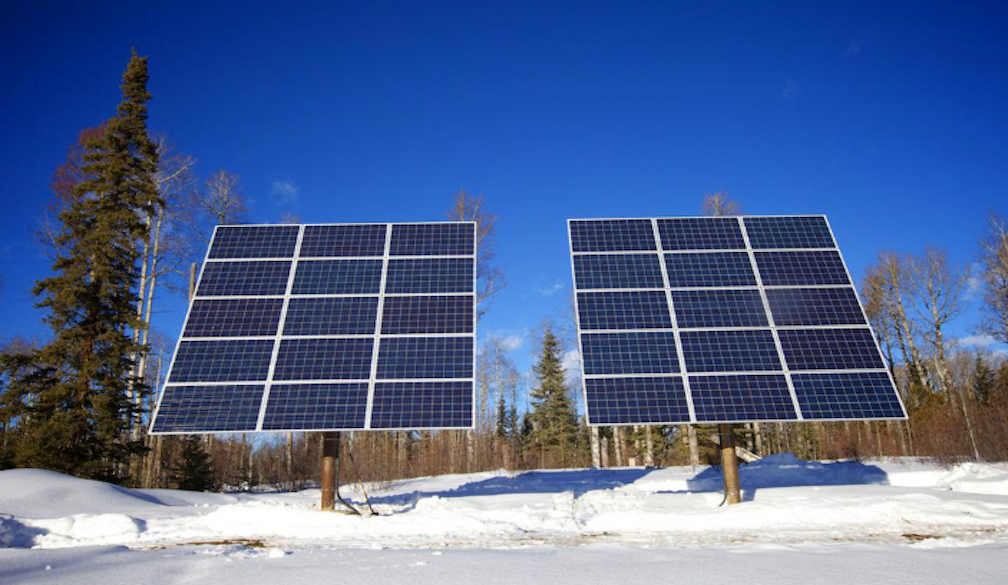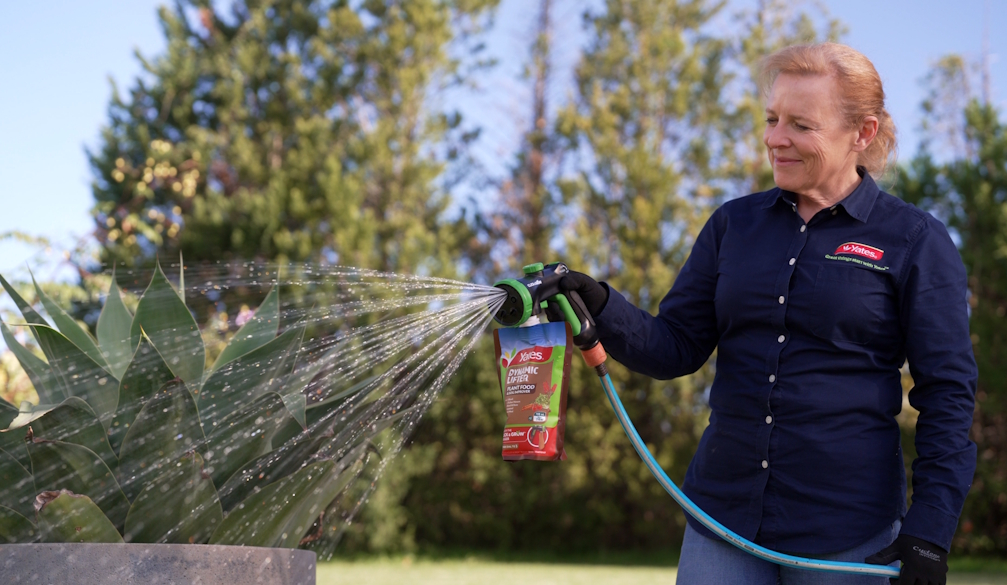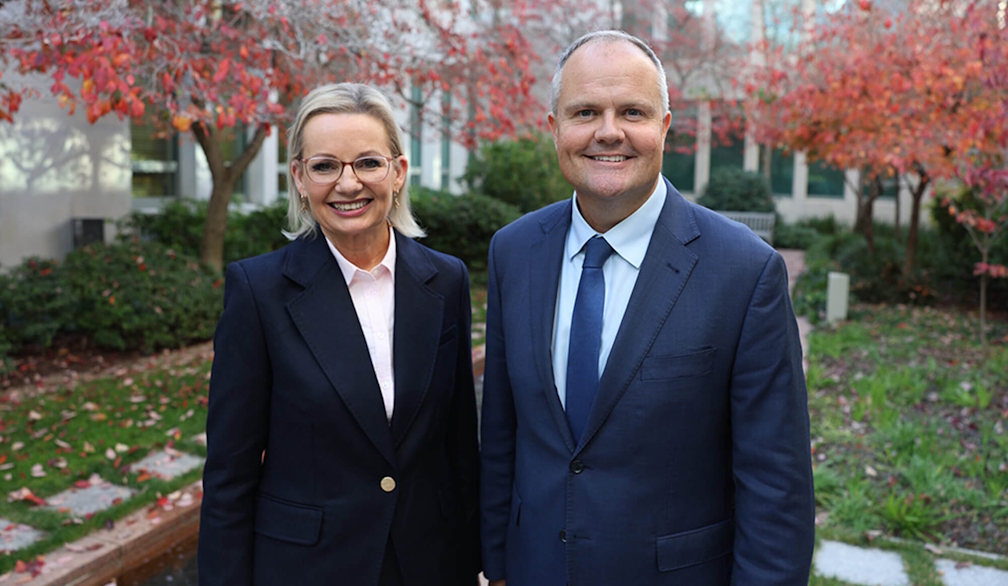Signs Your Off-Grid Solar System Needs Repairs

Off-grid solar systems are amazing solutions to power your home, without having to rely on the main grid. While they are designed to provide energy independence, even the most robust systems will break down from wear and tear. This awareness of the signs your off-grid solar system needs repairs can save you from loosing power when it is needed and costly replacements. Read on to find what signs that your off-grid solar system may need some troubleshooting.
- Reduced Power Output
The first immediate sign that something is wrong with your off-the-grid solar system probably be a noticeable decline in power. If you notice that your unit is creating less power than it ever has, get to the bottom of this anomaly. There a few reasons why such reduction takes place −
Dirty or Damaged Solar Panels — Dust and debris can accumulate on your solar panels, which reduces the amount of sunlight they receive. If the panels are cracked or broken, they will underperform and you might notice an decrease in power that is being generated.
Inverter Issues: Your inverter converts the direct current (DC) collected from your solar panels to alternating current (AC), which powers our homes. If the inverter isn't working properly, your system will not be able to create power for you.
Battery Issues: When your batteries are not simply holding a complete charge or seem to deplete more rapidly than usual, they must be starting to degrade. Batteries that can store large amounts of energy are relatively expensive, very heavy and they too have a lifespan entering the DECAYPHASE column simply by virtue of running out.
- Strange Noises or Smells
Unusual sounds or smells — If your solar panels, inverter or other parts are making abnormal noises and the system might give off a stench that is not typical for normal operation.
Despite this inverter will make some noise regardless, even the sound bug simply implies that still have possibility comes from something else. · Buzzing or Humming: If you hear a steady buzzing or juicing humming sound coming from your power system including wirings and inverters (some cases actually are pretty noisy), immediately suspect of electrical troubles. Naturally, there is always some noise in the system -even more so with older ones- but these sounds should be cause for concern.
Strange odors: If you suddenly smell something burning, it can be an indicator that the motor is overheating or short circuiting. This can range from bad wiring, a failed component within the solar panels themselves or an inverter that is being over worked. This odor does not mean there is a fire or smoke in your system, but it's still important to shut off the entire device and contact professional experts so you don't face any risk.
- Frequent System Shutdowns
The off-grid solar system had a problem if it was more frequent than that your off-grid placed in the so far rest or reboot. There are a few reasons why this may occur:
Overheating – If the inverter or batteries are overworked and/or lack ventilation, they may also be prone to overheating. However, if it gets too warm then the system can shut down to prevent itself from being damaged.
Battery Issues: The batteries are working poorly can be termed as one of the reasons that may lead to system shutdown. Old battery that is either overcharged or undercharged.
Wiring Issues: When wiring becomes loose or faulty, it can cause the unit to lose power and this will result in your heater shutting off on a regular basis. In the course of time, networks get weaker causing these types of problems. For those relying on off the grid energy, addressing these issues promptly is crucial to maintaining a reliable power supply
- Check Engine Light or Error Messages
In many cases, your newer solar system may have a monitoring capability that can show error messages or at least an alert light if things are not working as they should. Mind these warnings to stay ahead of minor issues before they become full-blown problems.
Inverter Errors: The inverter will have error codes or flashing lights on your display if there is an issue The latter group can be anything from a low battery level alert, to an internal hardware fault.
Battery Monitoring Alerts: Battery monitoring systems will give provide you with an alert if the battery is either undercharging, overcharging or getting extremely hot. Alerts like these are critical as they can prevent damaging the batteries or worse yet, the system itself.
- Use of Backup Generator More
Running More Often — If you notice your backup generator seems to be running more than it has in the past, there is a chance the solar system may not be operating as efficiently.
Example of Solar Panel Issues: Your panels are not producing power as efficient as it should because they could be dirty, have some damage or something is shading your site so instead the generator will work harder to compensate for insufficient energy.
Battery Performance-Related Problems: If the batteries are not holding enough charge, it can cause the system to use even more generator and needed.
- System Components are Physically Damaged
And since everything that works tends to break at some point, visual inspections of your solar system on a regular basis will allow you to find issues before they turn catastrophic.
Cracked or Broken Panels: Physical damage to the panels is from severe weather, falling objects (i.e. tree branches), and even accidents Even tiny cracks will lower the efficiency of your panels and must be repaired immediately.
Worn Wiring — Search for signs of fraying or wiring accessibility These could be left behinds leading to a short power or damaged wire posing other potential hazards. Checking the wiring frequently is just as important, especially after a storm or if you have seen animals around your property that may gnaw on the wires.
- Inconsistent Power Supply
On a smaller scale, irregular power can show itself in flickering lights or appliances that move just differently for a few seconds at the worst possible time or it could be full blown sudden blackouts. Most common reasons for above problems are,
Voltage Fluctuation — Improper functioning of the inverter or problems with battery bank cause fluctuations in voltage. These ripples can make your lights blink and long-term exposure even has potential to burn out very sensitive electronic components.
Wiring problems: You know how damaged or loose wiring can lead to temperamental power supply. So if you realize any modification in the performance of your system, it is good to examine them from side to side all time times.
- Overheating Batteries
This is important when it comes to the energy generated by your solar panels, particularly in an off-grid system because batteries are essential for storing this energy. Overheating batteries, time to change.
Overcharge: You may shorten the useful life of batteries if they are charged over voltage, and in some cases running into safety issues. This might be a malfunction in your charge controller or simply it is set up for the wrong system.
Poor ventilation — Batteries need air to them and these vents have to be located someplace where they get cool, outside air. If your batteries are getting too hot, you will have to provide ventilation or find a cooler spot for them.
Old or damaged batteries: older or broken down battery packs tend to heat up more quickly. Keep an eye on the temperature of your batteries, and be prepared to change them.
9. Bad low light photo performance.
Even on overcast or early/ late in the day they should still generate some power. However, if you are system having difficult producing power in these conditions it may be a sign of your panels wearing out.
Panel Degradation — Solar panels degrade over time and their ability to convert low light levels into electricity declines. However, if you see a sharp decline in performance it is recommended to have your panels evaluated.
Shading: Any new shading from trees that are growing, or construction in the area can shade your system and prevent it producing power when receiving low light levels. Check for obstructions around your panels.
10. Age of the System
And finally the age of your solar system can have an affect on its performance. Off-grid solar system components have a limited life span The older the system, The more problems you might begin to experience.
Inverter and Battery Lifespan: There are defined lifespans for inverters, usually 10-15 years depending on the type (string vs battery) and high quality of product used; similarly batteries lie in intensely different camps with a solar battery intended to be most effective around 5 -15 year mark. If your system is approaching or has surpassed these age ranges, it might be time for a replacement—or at least thorough checkup.
Conclusion
Proper maintenance is key to ensure that your off-grid solar system works as you would expect it to. Through the observation of these signs and then addressing them early, you can prevent unwanted power outages or even costly reparations. Scheduling regular maintenance and inspections are among the ways to ensure it is longer before you have repairs done. If you are not sure what state your computer system is in, it probably time to have a professional come out and take care of the problem.












